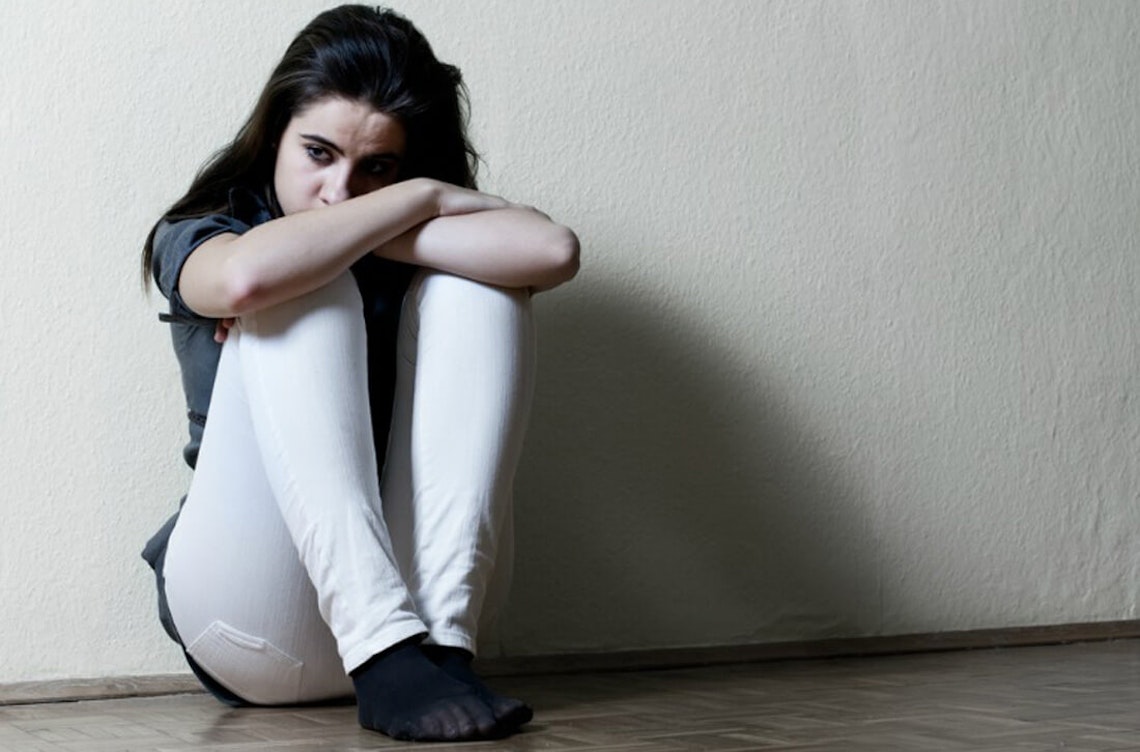


They often assume they are all from the same kind of family unit: one or more natural parents, or at the very least, a blood relative to raise them. Adopted teens, however, don’t have that same sense of identity and go through their own kinds of challenges. So, when adopted adolescents begin to have a little trouble coping, they are at an even greater risk for self-inflicting behaviors and self-harm. Struggling teens who embrace this kind of coping mechanism need help, but adopted troubled teens need even more specialized care.
As an adopted child grows older they often suffer from identity crises, whether they realize it or not. It’s natural for an adopted child to wonder who their parents are, and why they were given up, rather than focus on the love that the adoptive parents bring. Additionally, some children were not adopted until later in life, and their life experiences from either being moved from foster home to foster home, or from being left in care facilities without any traditional-type family can be particularly devastating.
The bottom line is that all troubled teens take up self-inflicting behaviors for variety of reasons, with the primary one being emotional stress. However, with adopted troubled teens, they frequently have been subjected to different types of emotional distress or trauma than those who have been raised by their biological parents – and the signs of self-harm are not always immediately recognizable. Regardless, any type of stress, anxiety, or disorder that the adopted teen is experiencing is always magnified by the fact that they are adopted, and can drive a teen to repeat self-inflicting behavior as a form of release.
While deep down your struggling teen might know you care, they may need some therapy or counseling to help them through their difficulties. Self-harm and self-inflicting behavior is very dangerous, and while many do not intend to do permanent physical damage, the emotional baggage sometimes becomes too much too bear. At home, you can first try to talk things out with them and make an attempt to discover their triggers for self-injury, but if you really want to help your adopted child, professional help by those who understand the adoptive family unit is probably a better option.
Three Points Center – a residential treatment center created specifically for adopted families – is one of the few places that truly understands the kind of variables associated with adoption. In fact, it is more than just a treatment center to help parents and their struggling adolescents, they are truly a resource to bind and heal the family, providing a safe, family-based treatment plan that addresses the complicated trust issues that adopted teens often hold onto. If you really want to help your adopted teen, Three Points Center is probably the best place to start.